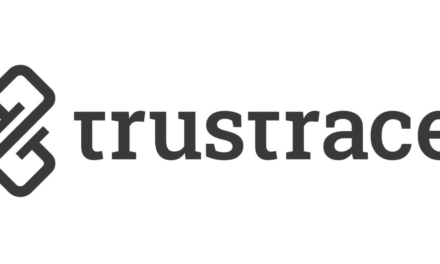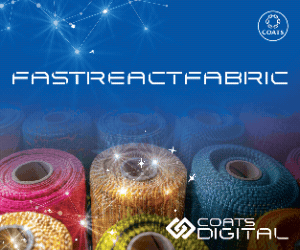 At a factory in Vietnam, Dutch startup DyeCoo Textile Systems has introduced a new technology that enables clothes to be dyed using carbon dioxide. The process eliminates the need for water and bonding chemicals, reducing water use and emissions by up to 50%. DyeCoo has been working with garment makers in various countries since 2010, with support from Nike Inc.’s venture arm and Ikea. The company is part of a growing trend of startups exploring greener alternatives to traditional textile dyeing, a process that is responsible for over half of the fashion industry’s total emissions. The energy-intensive nature of dyeing, which often requires hot water and coal-based energy sources, contributes to the industry’s carbon footprint.
At a factory in Vietnam, Dutch startup DyeCoo Textile Systems has introduced a new technology that enables clothes to be dyed using carbon dioxide. The process eliminates the need for water and bonding chemicals, reducing water use and emissions by up to 50%. DyeCoo has been working with garment makers in various countries since 2010, with support from Nike Inc.’s venture arm and Ikea. The company is part of a growing trend of startups exploring greener alternatives to traditional textile dyeing, a process that is responsible for over half of the fashion industry’s total emissions. The energy-intensive nature of dyeing, which often requires hot water and coal-based energy sources, contributes to the industry’s carbon footprint.
According to a report from the Apparel Impact Institute, phasing out coal entirely could reduce emissions from textile manufacturing by 13% and improve worker safety. Startups like DyeCoo, Debs Corporation, and Alchemie Technology are developing innovative techniques that use less water and energy compared to traditional methods. Additionally, entrepreneurs are exploring new ways to create sustainable pigments and fabrics, such as using proteins derived from coral and biomass waste.
However, widespread adoption of these technologies faces challenges such as infrastructure, funding, and concerns about color consistency and longevity. Nevertheless, stakeholders in the fashion industry recognize the need to reduce carbon emissions and are exploring these innovative solutions to make textile dyeing more sustainable.

















